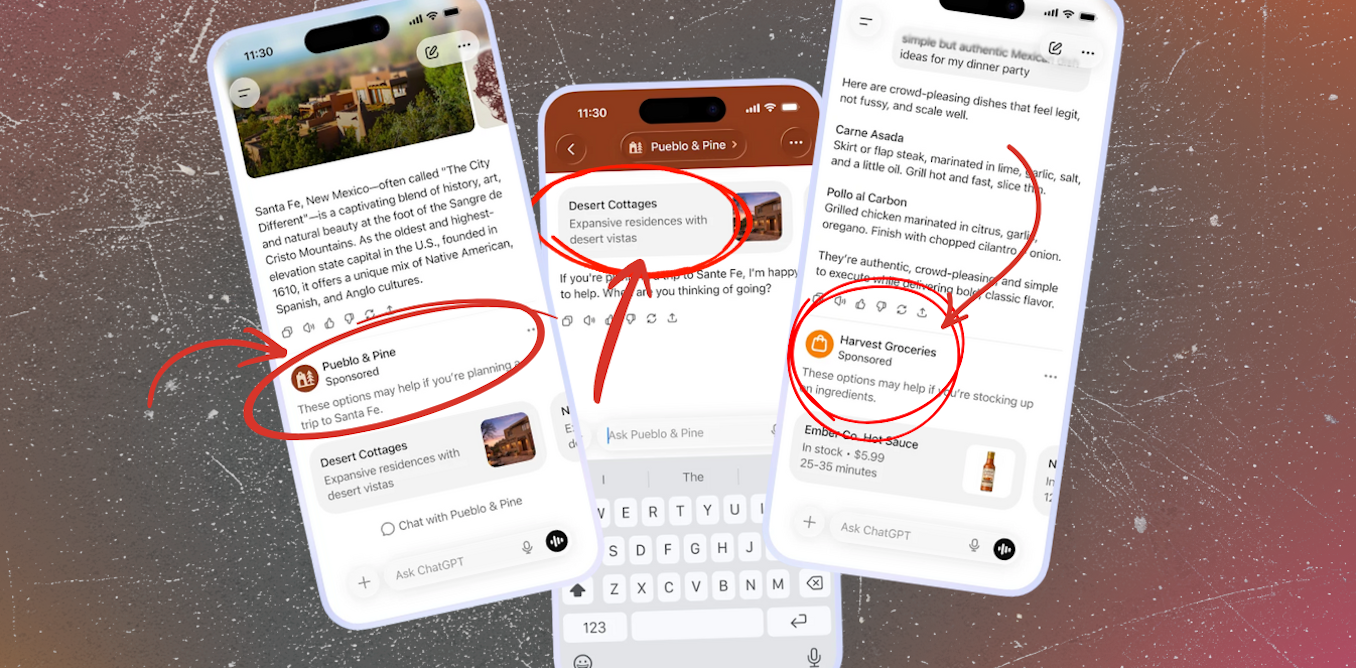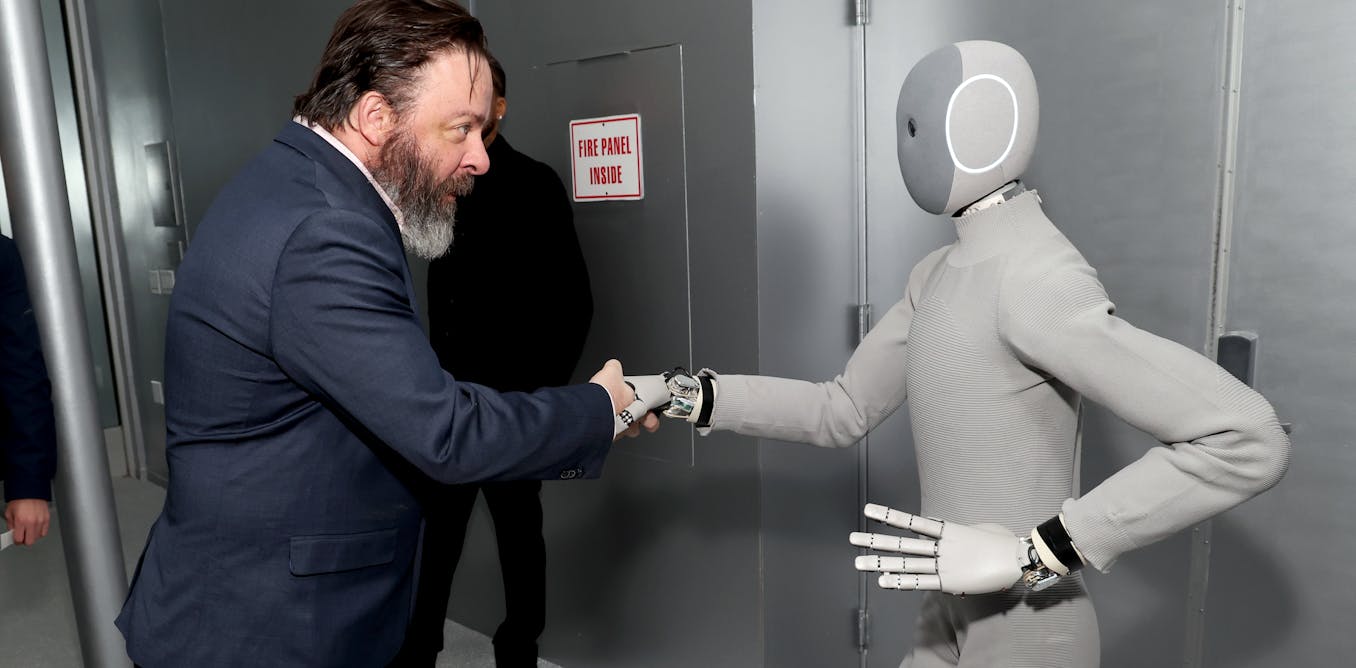Uncommon Courses is an occasional series from The Conversation U.S. highlighting unconventional approaches to teaching.
Title of course:
Hospitality Employee Relations
What prompted the idea for the course?
The idea came from my frustration with traditional methods used to teach hospitality management. As a professor and industry professional, I saw the need to bridge the gap between theoretical knowledge and real-world skills.
Internships and fieldwork are valuable. But they may not be available to students, especially those in online or hybrid programs. I wanted to offer students an opportunity to gain hands-on learning experiences.
Using Articulate’s Rise 360 – an e-learning development platform – I created dynamic simulations based on stories from my own experiences, as well as from other industry professionals.
For example, an interactive lost wallet scenario I created with my instructional design team involves a person who realizes they’ve left their wallet behind after visiting a nursing home. It includes decision points that enhance critical thinking and decision-making through the use of concept art.
AI-driven prompts aid in transforming industry experiences into online course content. The Pinnacle Golf Resort, a made-up resort I created using Rise 360, engages students with dynamic cause-and-effect decision trees with realistic managerial challenges.
What does the course explore?
Students engage with real-world challenges, such as:
• Managing guest complaints
• Handling staffing issues
• Dealing with financial challenges
• Implementing operational solutions
• Moral and ethical issues and conflict resolution
Students are tasked with making decisions that affect the outcome of each scenario, with immediate feedback on their choices. That provides personalized learning experiences tailored to their progress.
The course focuses on connecting theory to practice, such as application of leadership styles − autocratic, democratic or different types of power − to solve problems and improve guest satisfaction.
One scene in the Pinnacle Golf Resort simulation involves a restaurant manager handling a disruptive guest during a high-profile event. I realized I needed a decision-rating scale to assess the student’s choices. Generative AI refined decision options and aided in the construction of that decision-rating scale.
This ensures that choices − such as offering a goodwill gesture or removal of the guest − have realistic consequences. Therefore, the total number of points affixed would determine whether the restaurant manager would be promoted or need more training.
Why is this course relevant now?
As the hospitality industry becomes more competitive and complex − with higher turnover rates and shifting workforce expectations − effective decision-making and problem-solving skills become crucial in managing guest experiences.
Traditional internships and fieldwork are valuable.
But online and hybrid programs may struggle to provide these opportunities. As hospitality programs shift to online and hybrid formats, the demand for scalable, hands-on learning tools has increased.
What’s a critical lesson from the course?
A key lesson is the importance of adaptive decision-making and understanding the consequences of one’s actions. Through simulations created with the help of generative AI, students see firsthand how their decisions impact multiple areas of a hospitality business.
These scenarios allow students to experience real-world challenges. And this helps them practice making decisions in a dynamic environment.
By participating in the simulations, students learn that there is no one-size-fits-all approach in hospitality management. They must adapt their leadership style based on the situation and the individuals involved.
What materials does the course feature?
The course creates interactive simulations using Articulate 360 and Rise 360.
These simulations replicate real-world hospitality situations such as managing guest complaints or financial decision-making.
The class uses stories drawn from the instructor’s own industry experience. This exposes students to the complexities of hospitality management.
Feedback is generated based on the student’s decisions in the simulations, developed with the help of ChatGPT. This fosters self-reflection and promoting continual improvement in their leadership abilities.
What will the course prepare students to do?
Upon completion, students will be able to:
• Navigate complex guest relations and manage complaints in real time.
• Make informed operational decisions while balancing guest satisfaction, employee performance and financial considerations.
• Apply various leadership styles to motivate teams, resolve conflicts and ensure high service standards.
• Assess their leadership style and adapt it to different situations in hospitality management.

The post “Schools are harnessing artificial intelligence to revolutionize courses in hospitality management” by Betsy Pudliner, Associate Professor of Hospitality and Technology Innovation, University of Wisconsin-Stout was published on 04/10/2025 by theconversation.com



























